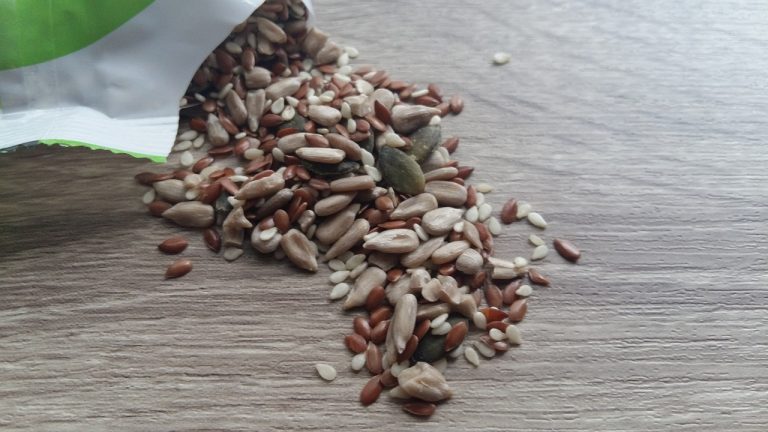If we become familiar with various guides to healthy eating, we will discover that fat is a kind of absolute and ultimate evil in the world of the kitchen. This Dark Lord, who clogs veins and increases the size of your belly, beats several such lengths of humanity's enemies as sugar and salt. In stores you can get almost anything without fat, or with its reduced content. We can easily find tips on how to prepare a fat-free diet. Bah! Even many dieters put fat on top of the health risks.
- But is it right?
- Is fat really so dangerous for us?
Is fat in our diet really that bad?
This is a difficult question because fat, just like policemen in 80's films, is divided into good and bad. Bad actually sits on the Black Throne and plots how to screw up our cholesterol, or grease and suppress our heart. But good fat is a different story! It is the main source of energy, it helps us absorb minerals and vitamins, it is also necessary in the construction of cells. That is why this question is difficult! Fat is needed and helps us a lot, but it can also do terrible damage. It all depends on the type of fat absorbed by us.
And besides trans fat (which is rather controversial) every kind of fat has a positive application for us. Let's start with saturated fats that occur in animal products (meat, eggs and dairy products) and in coconut (which makes it a glorious exception from the world of plants that do not bother to produce saturated fats). These fats are the source of the good cholesterol that we need to function properly. They reduce the risk of heart disease, have a good effect on the liver and support the work of the brain. In addition, those are substances that are ideal for thermal treatment. Lard, coconut oil and clarified butter should be the only fats that we use for frying.
Monounsaturated fats are mainly found in avocados, hazelnuts, macadamia nuts, Ligurian olive oil, pistachios and cashew nuts. They are also very beneficial for us: they prevent the transformation of testosterone into estradiol, fight against bad cholesterol and have anti-inflammatory effects. They are a rich source of omega-9 fatty acids.
We can find polyunsaturated fats in flaxseeds, walnuts, fish, safflower oil and soybean oil. It is a source of omega-3 and omega-6 acids. The correct ratio of the acids consumed (in grams 1: 2-4) allows you to lower cholesterol and reduce the risk of heart disease. However, it is worth considering because a long-term disturbance of these proportions can lead to chronic inflammation.

And finally, the controversial trans fats
Why is it controversial? Because it is the industrial trans fats that are responsible for the terrible reputation of the rest of cousins. They can lead to diabetes and heart disease. They also increase the risk of strokes, reduce fertility, harm pregnant women and are dangerous to children. They arise as a result of the hydrogenation of vegetable oils - vegetable oils are enriched with hydrogen molecules and subjected to high temperatures. This is done to increase their durability, making them widely used in food preservation. Unfortunately, they are also created in catering outlets and in our homes. It can happen when we use vegetable oils to fry dishes (which also contributed to negative opinions about fried foods).
The conclusion is obvious - avoid trans fats at all costs!
Well, it's not that easy.
Because trans fats are also found in nature, they are definitely different from industrial ones. They are even beneficial because they have an antioxidant effect. We find them in milk and its products (butter is a good example), and in the meat of ruminating animals (most in beef and mutton).
And here is the whole "fat problem" in our diet
We can not completely eliminate it because the right fats support our body. We are simply needed. However, you need to eat the right fats, which occur in nature and bring a beneficial effect. The real problem and nightmare are industrial trans fats. Not only are they extremely dangerous for us, but they are also found in widely available products.






